Christmas 2023
What turmoil stirs the heart of he who witnesses the making of death
As the foot of the wave hit the shallower shores, the hump rose like the back of a massive whale out of the ocean, sucking the trough in front empty in his hunger to grow. The boulders on the rocky floor, usually buried under 18 to 20 feet of water, burst through the surface, the current rushing around it, shredding the seaweed cover. The wave slid closer, the crest reaching higher and higher towards the clouds with every metre of approach. Then, there was a sudden quiet along the rock face as the giant stretched for the summit and the final assault.
This is The King. We have been waiting for him for close to an hour. But when he finally arrived in full magnificence, our bravery shrank to that of a crab under a ledge. We carefully selected this sandstone rock, aware that it bears the full force of the storm but also provides an abundance of holes and cracks to bury and clamp down every available finger and toe. But this mountain of water we did not expect.
Run? It’s far too late. The wave will knock us like penguins off the face of the rock, I thought.
And then The King hit the launch pad on the seaside like a cannonball, sending shudders through the rock face. I closed my eyes and turned my head sideways, pushing every inch of my body as hard as possible against and into the sandstone, wedging every finger and toe into the rock.
It is dead quiet as the tower of sea reaches up and up into the skies. Then it all came down in tons of fury. Fingers and toes slid and gripped, slid, and gripped under the pounding and shear weight, as the body of sea tried to tear loose and drag along all it can while it can.
And then, as quickly as it came, it was all over again. Water streamed down the rock face in the bright sunlight.
As I glanced over my shoulder, my two brothers also looked up. And then we realised we all made it alive! With smiles and high fives, we climbed down the rock and walked away from the territory of the kings. Unscathed.
There is something in all of us that yearns for the edge of life, the place where the dice can fall either way. The place where skill challenges fear. We like to imagine that we can beat the odds and breathe sweet victory.
Sometimes, we arrive there by choice. But one day all of us, by necessity, will fight the hand that strangles the heart. Until we finally succumb.
We are exploring the heart of he who witnesses the making of death.
My oldest brother, Gysbert, took the photo above at Eersterivier. This is the place where we foolishly challenged the high seas during storms raging over the Agulhas Banks to the south of Africa. My dad bought a lonely place here in the early fifties, and we still visit to talk to the mountains and the sea and the sky and, in the quiet, gather the memories of what connects us to earth and sea and to ourselves.
And I will bring you back here to tell and talk about that very hand that strangles the heart at the fear of death. But the first story belongs to Dad.
It was a Friday afternoon in the early summer of 1964. The storms flashed in quick succession through the Pilanesberg volcano, thundering ahead of the rain curtains that swept down and then smothered the mountainsides. Three deafening lightning bolts hit the lightning rod Dad planted next to the thatch roof for protection. And then the rain poured down as the floodgates of heaven gave way. It continued for hours on end.
As darkness fell, the grip tightened in the chest. Mum was missing.
Mum took on the two hours of gravel road early in the morning to shop in town. She always returned from Rustenburg at 4 p.m. to prevent driving in the dark with kudus [antelopes] on the road. But this day, everything about her was missing. No click, clunk, click, clunk of her shoes on the wooden tiles. No enquiries, no instructions, no smiles. Dad was not one for many words, but he always knew what was right, and he always knew what to do. But that night, he ate only half his food, switched the radio on and off again and paced the corridors up and down. At 9 pm, he instructed us to go to bed and, sometime later, we fell into a restless sleep.
Someone touched my shoulder, and I jumped out of bed. Dad had a torch in his hand, put his finger to his mouth and told me to get dressed.
The storm was over. I knew we were going to find Mum.
Dad’s face reflected grimly in the lights of the Chevy. His lips were thin, and his eyes deep and worried. I could sense the dark hand grasping his heart. Dad did not speak, and I did not ask. But I knew nothing would stop Dad from finding Mum.
We took the turnoff to Heystekrand and, within 100 metres, stopped at the first river. The brown water churned and swirled in the lights, rushing past, dragging logs and branches and foam in its wake. Dad asked me to go and test the water. The soles of my feet were thick and callused from barefoot climbing mountains and granite cliffs. I walked over the gravel and into the river. The bank dropped away fast, and the water reached my waist. Dad honked the horn to call me back.
“It’s deep, and the water is strong”, I reported the obvious. Dad nodded.
There were no seatbelts in the Chevy, and we wound the windows down. We both prayed quietly that we won’t need that route to escape. The Chevy slowly crawled into the brown torrent, and then it was dark. The water rushed up to the windscreen. The headlights became eerie eyes seeking blindly under the flood water. The wheels spun out bits of gravel, and then fell silent. We were floating downstream. Dad kept a steady foot on the accelerator, and the Chevy somehow kept its aim at the bank on the other side. Bushes and trees passed like dark shadows on the far bank. Suddenly the wheels picked up gravel again. The next moment, the Chevy firmed up, shook the water off its bonnet, revived the headlights and crawled out onto the far side of the river. Dad picked a way between the trees and bushes, and before long we were back on the road again.
We travelled in silence for a long time, comforted by the groaning of the engine and the yellow lights playing over the road ahead. Finally, the road curved to the right again, and Dad brought the Chevy to a standstill. Ahead of us was a sea of brown water as far as the lights could shine, with no bank or trees on the far side visible. We sat quietly, staring at the expanse of brown water for a while before Dad asked me to test the waters.
The flow of the water was slow, and the ground under my feet soft and sandy. I must have walked thirty steps or more, the water not even up to my knees, when the horn honked again. I returned to the Chevy.
“I think we are going to get stuck”, I said. Dad nodded again and eased the Chevy into the water. Before the water reached the doors, we were well and truly stuck.
Dad turned the lights off and killed the engine. It was midnight in Africa. The moon and stars played hide and seek behind the last rain clouds, adrift in the dark skies.
Dad and I waded into the river and started swimming. The current was not too strong due to the wide expansion of the river. A cluster of trees some way in, and another cluster mid-stream, provided respite. We hung on to the branches to regain breath. Finally, we reached the bank on the far side and climbed out.
The moon slipped out from behind a cloud and flashed white on Dad’s face. Dad looked slightly more content, but still worried. I think Dad appreciated the struggle to find Mum. It was the doing of nothing earlier that had made the grip in his chest unbearable.
We walked for more than two hours, and then we were there. The single house at Heystekrand railway station was half hidden between the trees. The first hint of daylight was easing gently in the east, thrusting against the dark night. Dad knocked and knocked again. Finally, a man, slippered and gowned, with a short beard opened the door with a candle in his hand. Dad enquired, and he nodded. He led the way with his candle down a corridor and opened a door to the side. Dad entered and took Mum in his arms for a long, long time, her tears a mix of silver and gold in the candlelight.
Mum was trapped by the flood waters between the second and third rivers, and the kind railwayman provided shelter for the night. So, we all stayed for the night and recovered the Chevy in the morning.
The ocean has a magic that few can resist. When the storms ravage, we stand in awe. But when the fury dies down, the very waves of destruction invite a tranquil cool that wins over the hearts and bodies of all. Such was the charm along the shores of Eersterivier.
So, we strolled along the beach, mocking the seagulls and tripping ourselves in the soft white sands. I was seven, wise and strong, and Charl was four and impressed. To be a pronounced guardian at the ripe age of seven felt entirely appropriate. So, when the beach became boring, I headed to the rock ledges exposed by the low tide. The progress was slow along the sharp rocks for the liking of the two dedicated explorers. The target was Flat Rock, some hundred yards into the sea from the beach. The first fisherman had appeared on Flat Rock a few minutes earlier. He looked old and wise. His impressive gear was stacked on a ledge in case a freak wave washed over the flat.
We arrived as he cast with his rod. His bait and sinker flew far out over the blue tranquil waters, the real rattling, happy to oblige. He clicked the lever on the real over to lock the line, pulled on the long rod to secure the sinker somewhere on the floor of the ocean and smiled, satisfied. He was ready for the big one to take the bait.
“And where are you two guys going?” he asked over his left shoulder. His face was a mix of kindness and wrinkled concern.
“Just walking around, checking things out”, I answered confidently.
He now looked worried.
“Keep an eye on the waves. It is not fully low tide yet. They can still wash over the rocks at any time!” he warned seriously.
“Ja, Oom” [Yes, Sir], I muttered obediently and looked out over the flat seas towards the calm horizon.
Nearly in the middle of Flat Rock was a clear pond. I noticed a few large round stones on the floor in the middle of the pond. Dad later explained that waves ground the pond in the sandstone over many years of wave action. A few small fish swam around in the pool, anxious about our arrival. And then I saw the octopus hiding behind two sea urchins. His colours were indistinguishable from that of the rock, the seaweed, and the urchins.
“Look, Charl! Do you see the octopus?” I shouted, and we both bent over, faces touching the pond's surface.
I heard the thump as the wave hit the sea-side edge of Flat Rock. I looked up just in time to see the water column climbing into the air. The Old Man saw the same and quickly turned his legs sideways to fend off the wave. I was just in time to do the same. The wave washed over the flat up to my waist, skidding my feet over the algae. And then it was over.
I looked over my shoulder. Where is Charl? My heart suddenly pounded in my chest.
I looked around and then spotted him in the sea. The wave washed him off the rock and dumped him in the sea on the shoreside of Flat Rock. I ran to the edge of the rock and looked down.
He coughed and spluttered, gasped for air, and then went under. His vague outline wriggled under the churning of the sea. Charl broke the surfaced again, gasping, his arms splashing around him in the water.
I must jump in and rescue him! I thought in a panic. But I hesitated—where will I take him? The rocks are too high and the beach too far. His head went under again, and I started praying aloud: “I’m so sorry, God, it’s all my fault. Please help me to save Charl!”
A wave went over the shadow under the water, and my eyes pierced the foam. In the wake, Charl popped up again, crying in agony, coughing, and spluttering again.
I don’t want to drown, but I’m not going home alone, was my last thought. I bent over to jump, with no plan of rescue in mind.
Suddenly something seized my pants and hurtled me into the air. I looked around, dumbfounded, at the Old Man holding me with his gaff hooked into my pants.
“You are not going anywhere, young man,” he said. “One in trouble is more than enough!” He put me down, kneeled on the edge of the rock and turned the gaff around in his hands.
“Keep your head above the water and keep kicking with your legs and swimming with your hands!” he shouted at Charl above the noise of the sea.
“Now, slowly come closer to the rock and grab the stick when I say so.”
Charl seemed to calm down immediately and looked more afloat. His head went under in the next wave, and he washed further away but kept looking at the old man holding out the gaff. Then, slowly, he drifted closer again.
The Old Man bent over as far as he could and offered the stick. “Now, hold on with both hands and don’t let go!” he instructed. Charl grabbed the tail end of the gaff, first with one hand and then the other. He held on for life as the Old Man dragged him up the rock face to safety.
I’m sitting here at the fire, watching the ambers soaring into the skies, mixing with the Milky Way, mocking the Southern Cross over the hills. And the memories again lock the grip of the dark hand around my heart.
What turmoil stirs the heart of he who witnesses the making of death, he who might hold the key to life?
It is nearly Christmas, and the songs will sound, the lights will flash, and gifts will be passed from heart to heart, celebrating that very first Christmas.
Could I even begin to imagine the grip of the dark hand on the heart of God when Jesus was born?
“Jesus is all I can pledge to secure your rescue” He says, and adds quietly: “Jesus is my only son” *
NEXT TIME:
Well, let’s take a break for Christmas and New Year and then worry about what comes.
Our best wishes come to you and your family. May this season bring peace and meaning to you all.
Shall we meet again here at the Campfire early in the New Year?
See you then!
* John 3:16; Revelation 3:20
Kind Regards
Gabriël & Hannelie Roux
INVITATION
Send a Christmas Card with a personal message and a gift subscription to the Campfire Stories by Dr Gabriël to as many family members, friends, and colleagues as you wish. The virtual Christmas Card and subscription is FREE.
It is very simple:
- Click on the Christmas Card below
- Fill in your name and email
- Fill in his his/her name and email
- Write your personal message
- Direct him/her to either the Library of the Campfire Stories or to the Christmas Story: Rescue
The recipient does not need to do anything more. They will receive access to a Library containing 10 short stories as well as a newly published story every 2nd Friday at 6am local time anywhere in the world - FREE
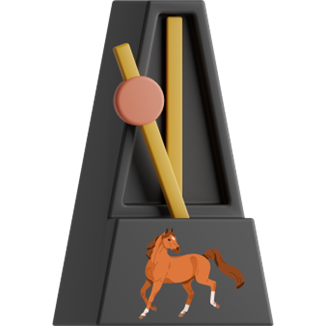
The Song of Tap
an ode to the senses
Not a subscriber yet?
Click here to subscribe - it's free


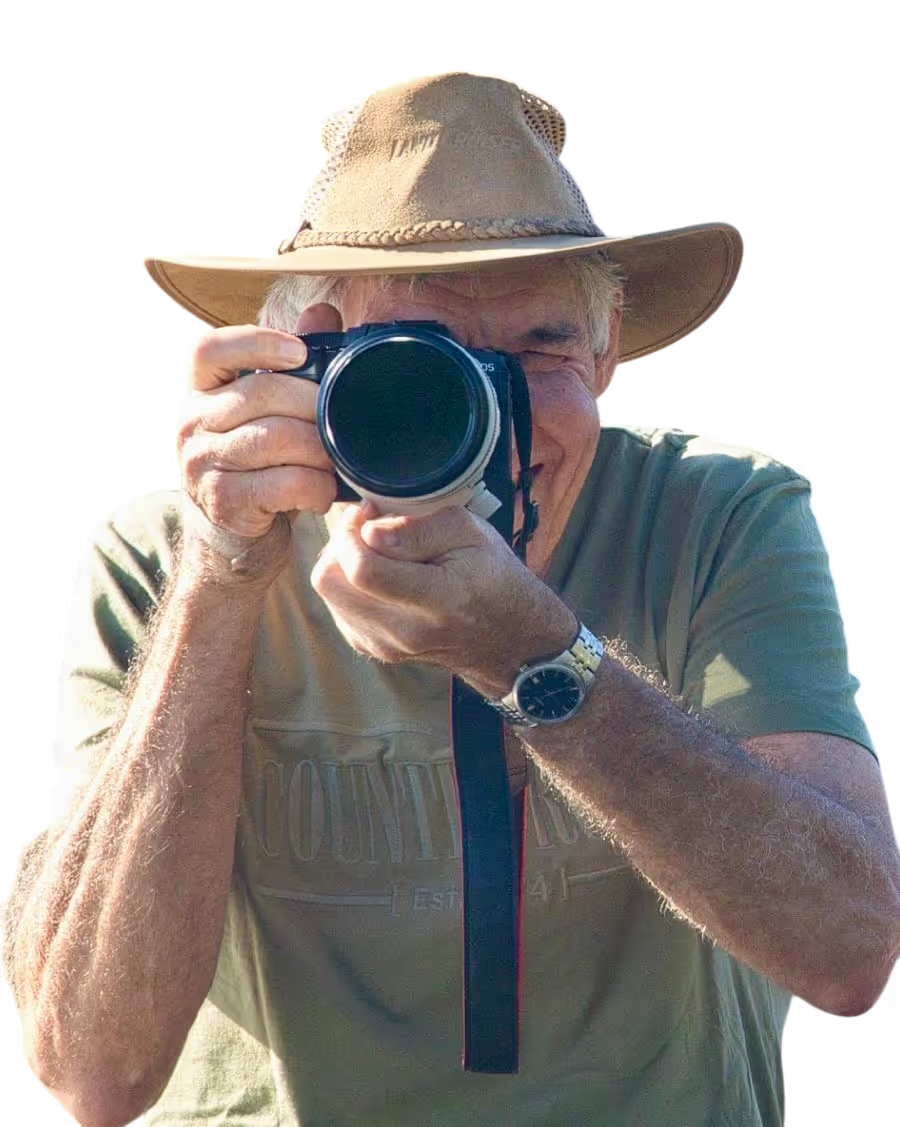
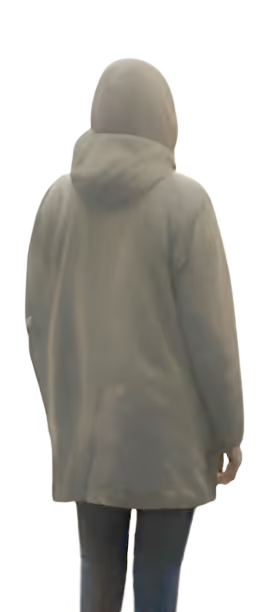
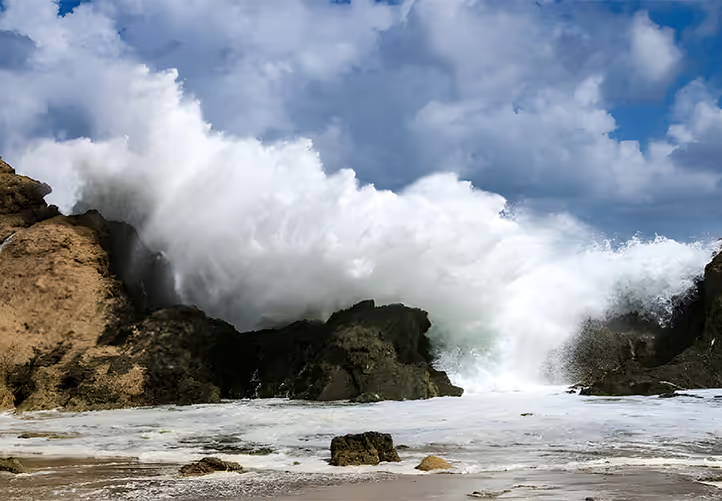






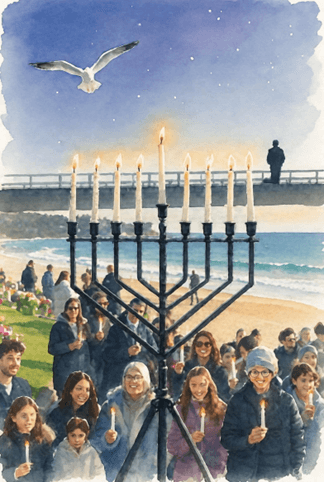

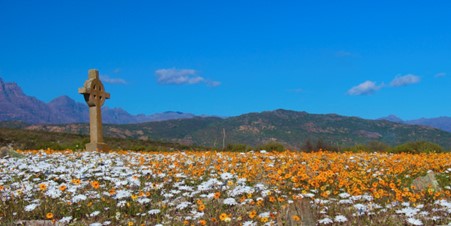


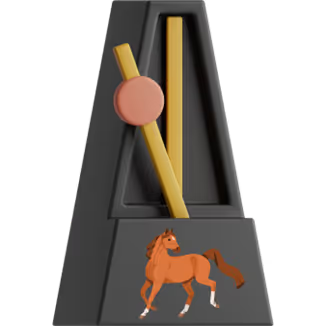
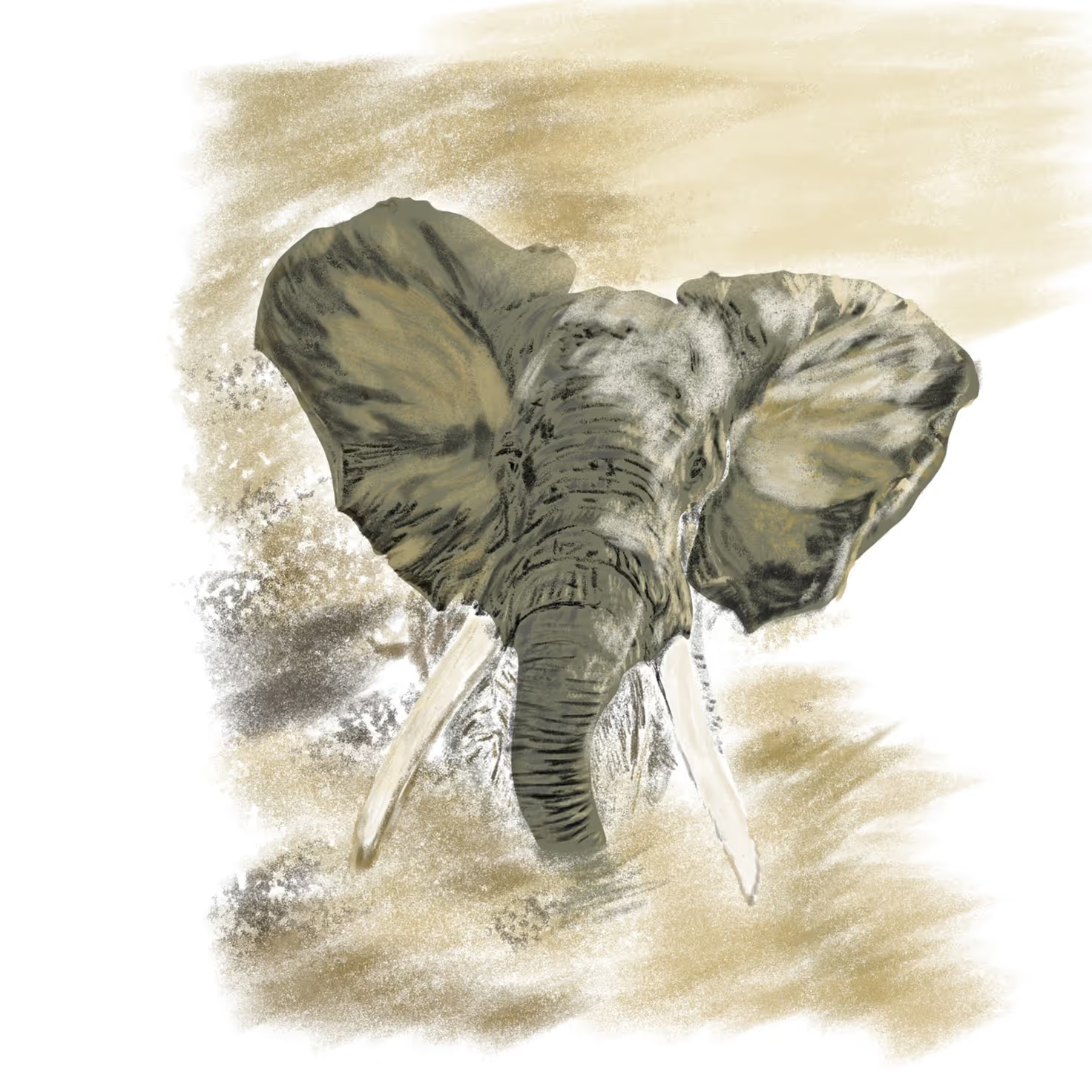
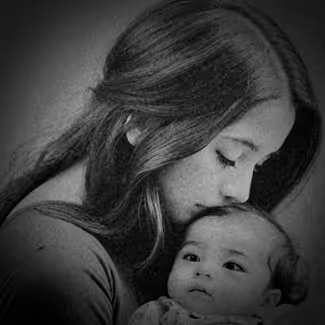
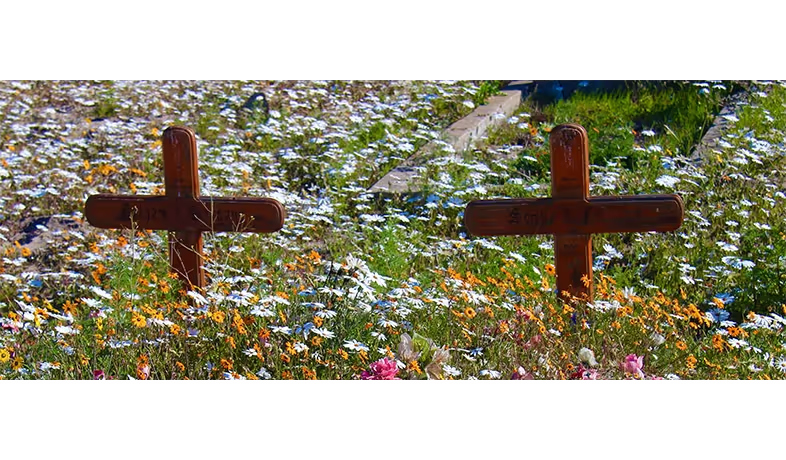
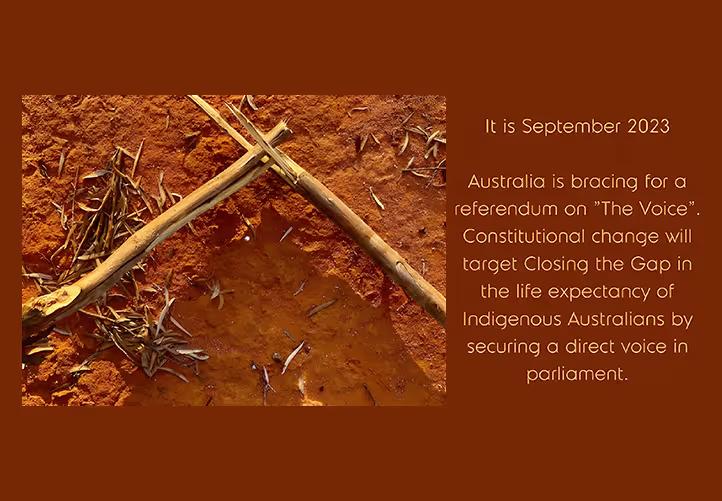
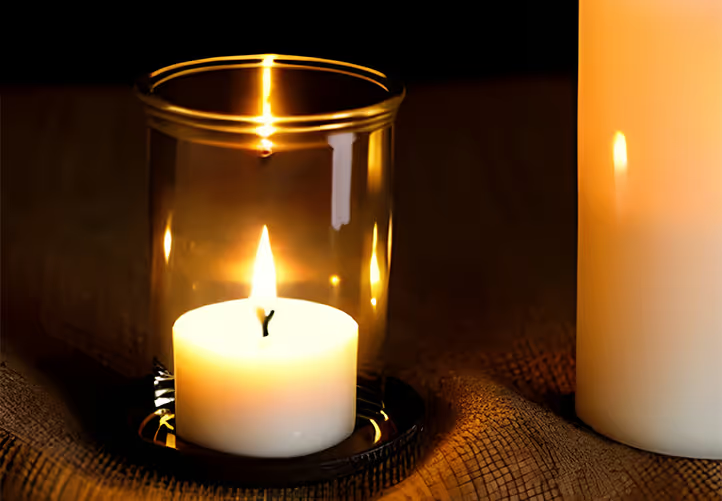
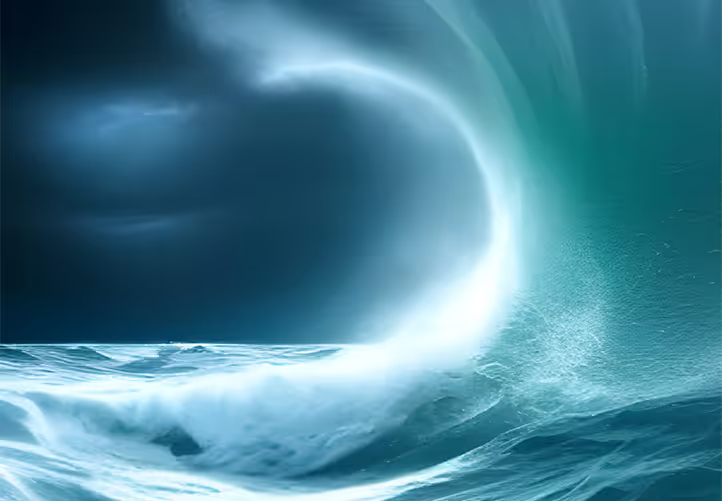
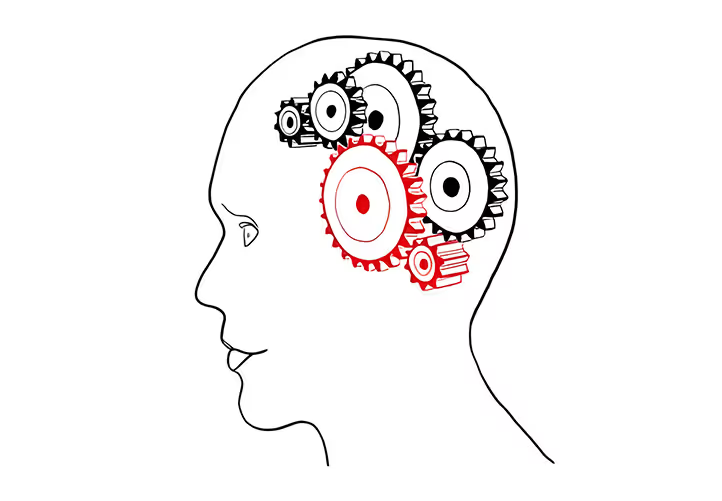
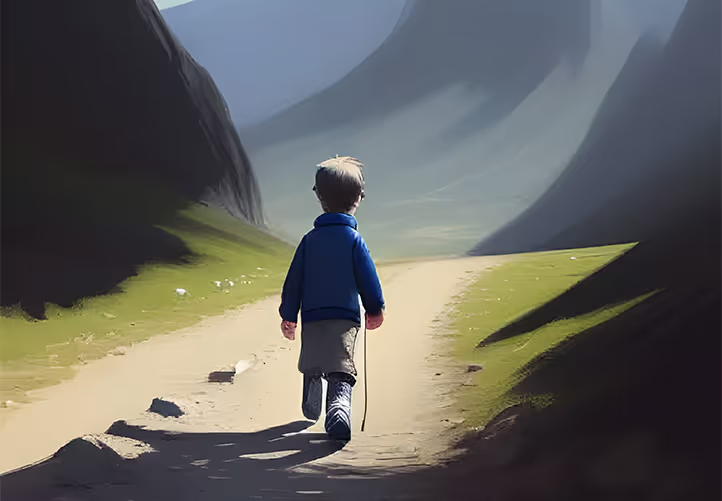
.svg)
.svg)